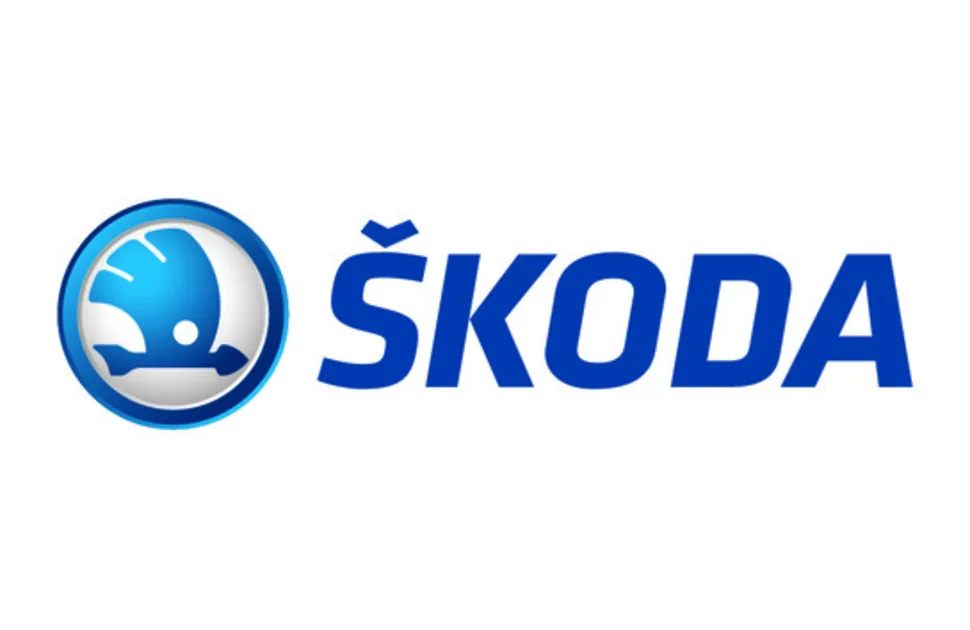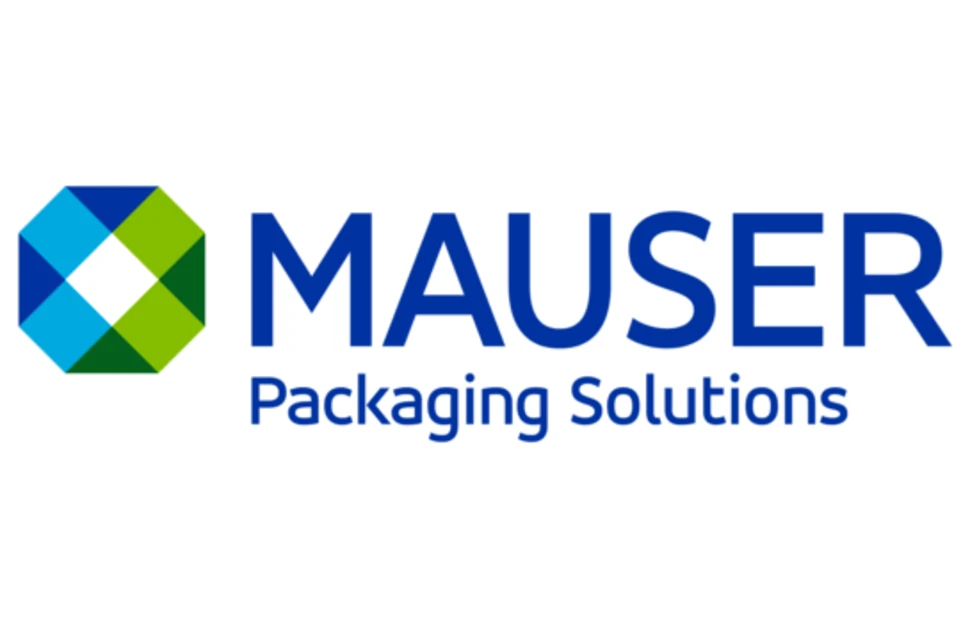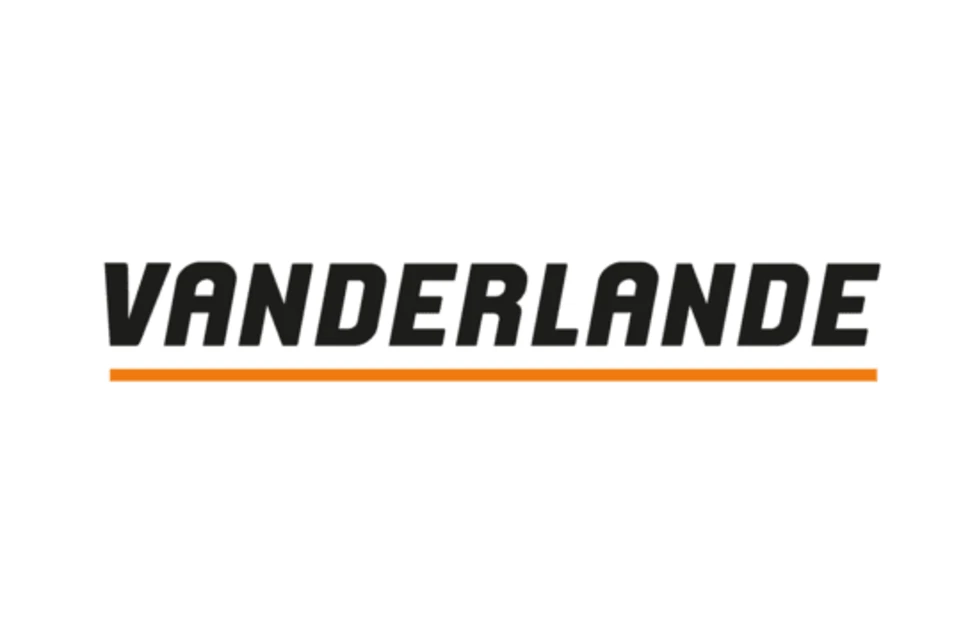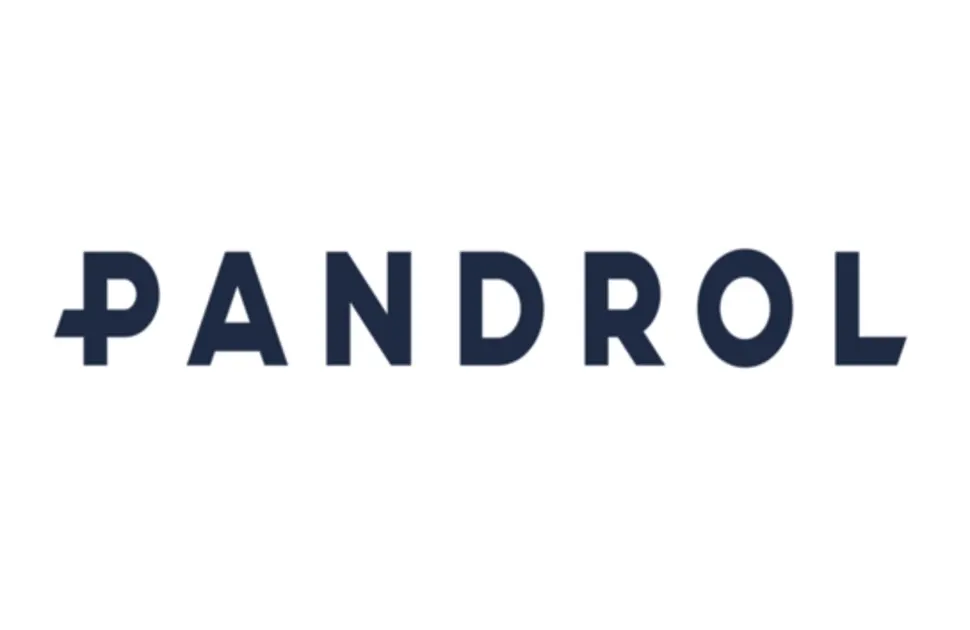EU steel mills change approach to attract new orders
European steel prices continued their downward trend this month amid poor demand across most steel-using sectors. The number of transactions is small. Contract prices, in contrast, remain relatively stable, from the first to the second half of the year.
Over recent months, mills have pursued an aggressive pricing policy, in an effort to attract the few available orders, and thereby boost rolling programmes. Volume discounts were offered for relatively small quantities. Buyers, however, held off, anticipating further reductions.
The lack of mill orders resulted in major producers making direct approaches to end-users, outside their regular customer base. This was unwelcome to distributors and service centres already struggling with excess inventory.
Lowering prices failed in its goal of stimulating new purchasing. Steel mills have now changed tack and are attempting to raise steel prices, in the hope that this move will encourage spot buyers to return to the market.
Europe’s leading steelmaker sent a letter to its customers, on July 1, advising an immediate €30 per tonne increase for its long product range. A similar announcement is expected shortly for flat products.
Distributors, as well as their customers, seem unconvinced that this change of tactic will succeed. Stocks remain high compared to current usage. With the holiday period upon them, purchasers can afford to wait and reassess the market after the break.
Within the long product sector, beam prices are under the strongest downward pressure. The differential over other longs, as well as over hot rolled coil, is considered unsustainable. Availability of structural sections remains good and delivery lead times are short. Post-holiday rolling schedules show gaps in production.
Increased raw material costs and strengthened import prices, rather than direct efforts by producers, appear to have stabilised the coil market. Most flat market participants consider that a floor has been reached and that prices will recover, albeit slightly. This is more evident in the south of Europe than in the north.
The threatened closure of ArcelorMittal’s Fos-sur-Mer plant, on environmental grounds, had minimal impact on flat product prices. The last-minute judicial reprieve, however, could cause them to weaken, as current EU production capacity remains much higher than domestic demand.
The group’s Dunkirk blast furnace remains idled although repairs have been completed. Tata Steel’s IJmuiden blast furnace No.6 is undergoing extensive modernisation and voestalpine has announced the relining of its Linz blast furnace No.5.
Nonetheless, coil supply exceeds demand and this will not change quickly. ArcelorMittal is bringing its previously fire-damaged Gijón blast furnace back on line, in part prompted by the initial ruling to close the Fos steel plant. Liberty Steel is expected to ramp up production in Hungary, following its successful bid to acquire the insolvent Dunaferr plant. Liberty has recently been managing the site on behalf of, and with the support of, the Hungarian government.
Importers believe that the market has bottomed out. Large volumes booked from Asia and MENA countries, during April and May, are due to land during the third quarter. The initial volumes cleared are well within safeguard quotas. These restrictions, however, will prevent some quantities being cleared before October. Nonetheless, the arrivals give European buyers more time to consider, as they assess domestic supply and prices.
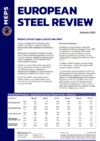
Source:
European Steel Review
The MEPS European Steel Review is an informative, concise and easy-to-use monthly publication, offering unique professional insight into European carbon steel prices.
Go to productRequest a free publication
